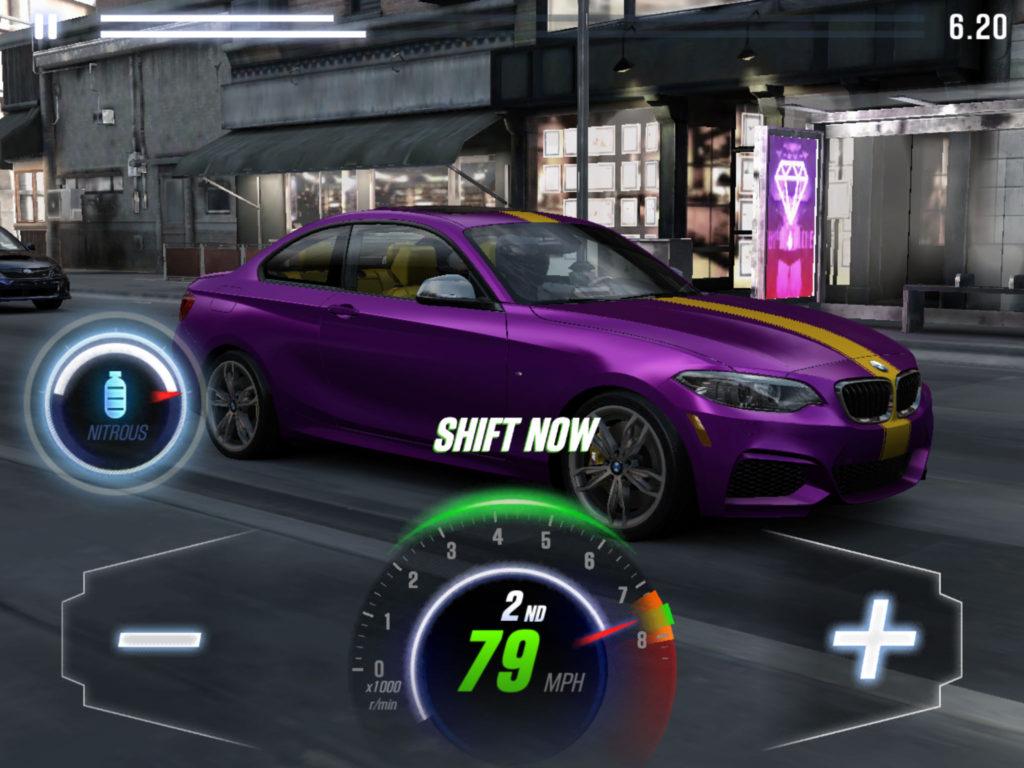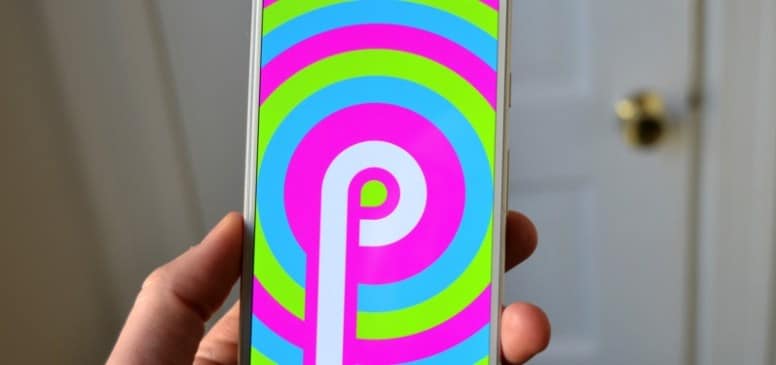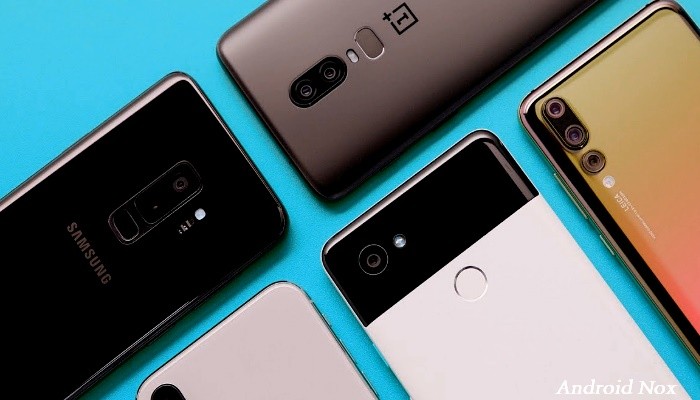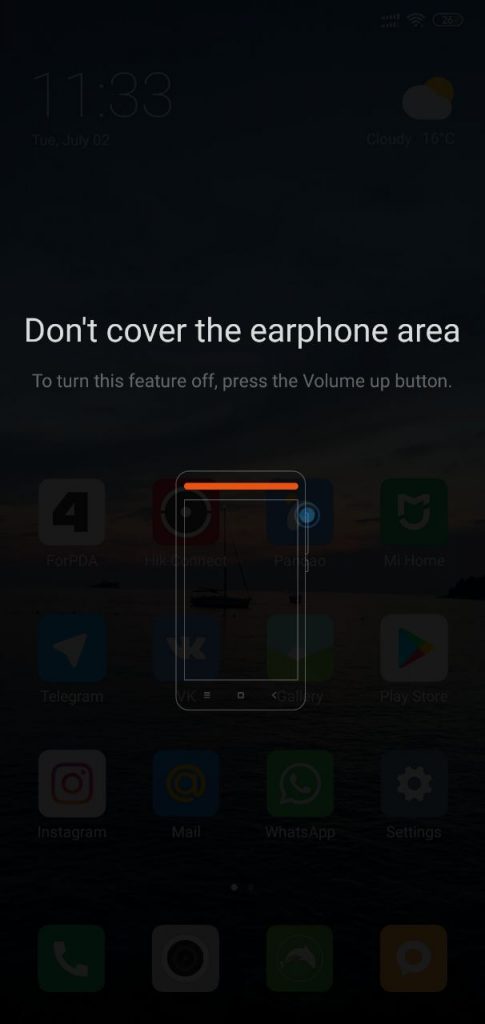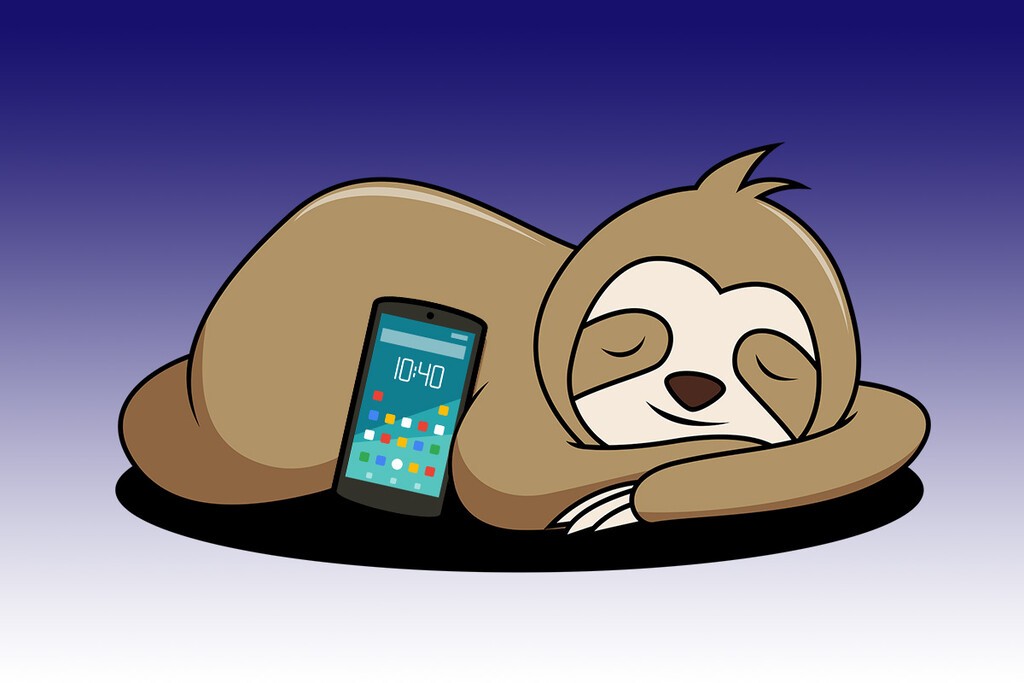
Einstein’s theory of relativity does not explain how the same mobile can seem very fast when you release it and much slower a year or two later. It is not your brain trying to convince you that it is time to renew your mobile – at least not 100% – but there are a number of reasons why this happens.
There are several factors that slow down a mobile with use, a process that happens little by little has already inspired not a few conspiratorial ideas in this regard. Why does a mobile get slower over time?
The mobile is full of things
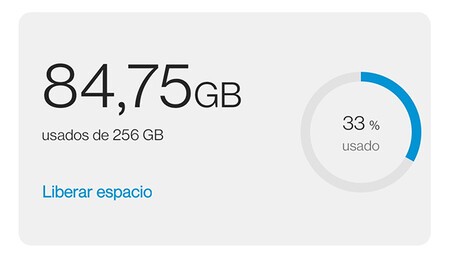
Mobile phones come “empty” from the factory, beyond the system and installed applications. Fortunately, it is less and less common for a mobile phone to include a lot of installed bloatware, so it is normal that there is lots of available storage space.
One phone you need to have enough storage space available to run at full capacity. Otherwise, the system must use the resources to try to find space or it cannot efficiently use the cache. Cache takes up space, yes, but it also streamlines applications and the system.
Even if we restore all the data from the old mobile to a new one, the new mobile will seem faster despite having a good amount of data inside. There are several factors at play here, and that is that even if all the applications have been reinstalled, they will not be put to full performance until you open and configure them. It is not the same to have the Facebook application installed without more than with the account started and active.

In Engadget Android
Seven tricks to free up space on your Android mobile
As the mobile is filling up with data, the system and applications must process that extra data. It is much faster for a gallery application to display four photos and two albums than it is 20,000 photos spread over 200 albums. And the usual thing is to have more and more photos and videos as you use your mobile.
The good news is that this factor that affects the slowdown of a mobile it is very easy to reverse: it is enough to restore the factory mobile, which removes everything that was installed afterwards, leaving the mobile as it just came out of the store. In most cases, the system will notice considerably faster (in exchange for losing all your apps and data, of course).
Applications and games demand more and more
Sometimes the problem is not technically yours or your mobile, but the applications you use. Except for the occasional attempt to simplify and go back to the origins, the normal thing is that the applications add more and more things. This causes larger and more demanding applications, which require more storage space and resources to function.
Google has been trying to optimize the size of APK files as much as possible for a long time, so Facebook’s APK size comparisons over time are no longer relevant. Another thing is the size of the app already installed, which is currently about 220 Mb for the latest version of Facebook. A few years ago it was around 150 Mb.
Infogram
It is worse still in gamesAs developers try to take full advantage of advances in hardware to bring better graphics, resulting in huge downloads and good performance on recent terminals, but somewhat limping on those that have been around for a while. There is not a generational leap here as in consoles, but games and mobiles advance in their requirements in a somewhat chaotic way.
One solution is to install lightweight alternatives to the heavier applications, although this is not always possible. Is more, sometimes it is not possible not even to continue using an old version of an application, as the developers have included a date check to avoid it, forcing the update.
No longer updated
With few exceptions, it is normal for an Android mobile to receive updates for a couple of years, including two Android updates and several security updates. Afterwards, the mobile stays as it was, hopefully receiving security updates every several months.
A new version of Android is not necessarily faster than the previous one, although it is common for improvements to include some optimization focused on improving performance somehow. For its part, although security updates are primarily about that, security, sometimes they are used for small corrections, including performance problems, especially when the mobile was launched recently.
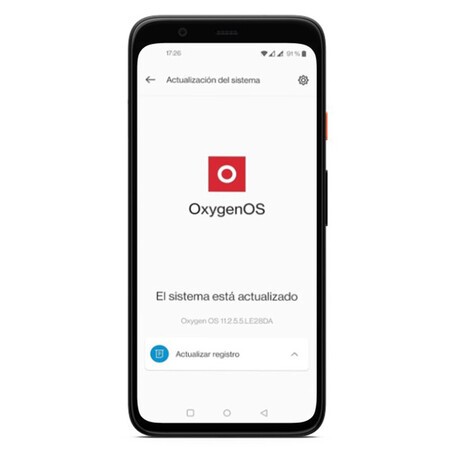
After the support period, the mobile stays a bit at your own risk and expense, without new versions of Android and also without security patches. The latter is more of a security risk than a slowdown, yes.
For this reason, a way of give new life to an old mobile is to install a ROM, especially if it is a “minimalist” focused on offering good performance. It is not a solution for all audiences, as it involves several processes and requires a lot of patience, but the possibility is there.
Hardware has aged
{“videoId”: “x7zzqyz”, “autoplay”: true, “title”: “8 MYTHS about our SMARTPHONE BATTERY”}
So far we have mainly talked about software, but hardware also ages, and this can affect performance. After weeks and months of intense use, components suffer wear, just like with any other device.
The most obvious wear is that of the battery, whose capacity decreases with use until the autonomy offered by the mobile a few years later will be much less than when it was just bought. This does not directly affect the speed of the mobile, although it will force you to charge it faster, which overheats it. The hotter the mobile is, the slower it works.
The truth is that you will probably change your mobile before wear of other components affect performance, at least with normal use. Of course, if it is a mobile that has been used quite intensively (for example, exposure or with long sessions of very demanding games) then it could be noticed.
–
The news
Why is your mobile getting slower and slower?
was originally published in
Engadget Android
by Iván Ramírez.
